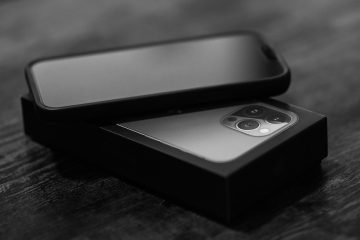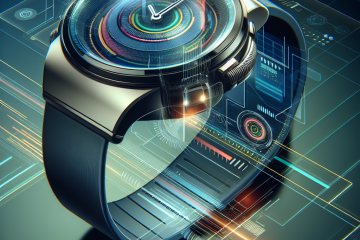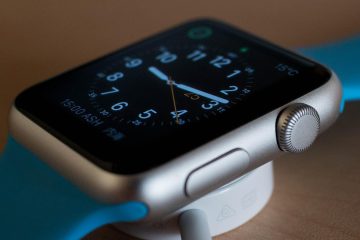Fitbit Smartwatch Review (Sense 2 and Versa 4)
Fitbit’s latest smartwatches focus on health and battery life over flashy apps. If you want reliable fitness and sleep tracking in a slim, comfortable design that works with both Android and iOS, they’re strong choices. If you need a full-blown app ecosystem or rich smartwatch utilities, they’re more limited than Apple Watch or Galaxy Watch.
Key features
– Design and display: Lightweight aluminum case, bright AMOLED touchscreen, optional always-on display, 5 ATM water resistance, quick-release bands.
– Battery life: Up to 6+ days claimed; typically 3–5 days with notifications and AOD off, shorter with GPS/AOD on. Fast charging gives hours of use from a short top-up.
– Health sensors and metrics:
– 24/7 heart rate with PurePulse 2.0, irregular heart rhythm and high/low HR notifications.
– SpO2 during sleep, skin temperature variation, breathing rate, HRV, resting heart rate trends.
– Sleep tracking with Sleep Score, snore/noise detection (phone mic), and monthly Sleep Profile insights (with Fitbit Premium).
– ECG app for AFib checks (Sense line only; region availability applies).
– cEDA continuous stress sensing and guided breathing/reflect prompts (Sense 2 only).
– Fitness and training:
– Built-in GPS/GLONASS for runs, rides, and hikes; 40+ exercise modes; automatic workout detection (SmartTrack).
– Active Zone Minutes, Daily Readiness Score (with Premium), VO2 Max estimate (Cardio Fitness Score).
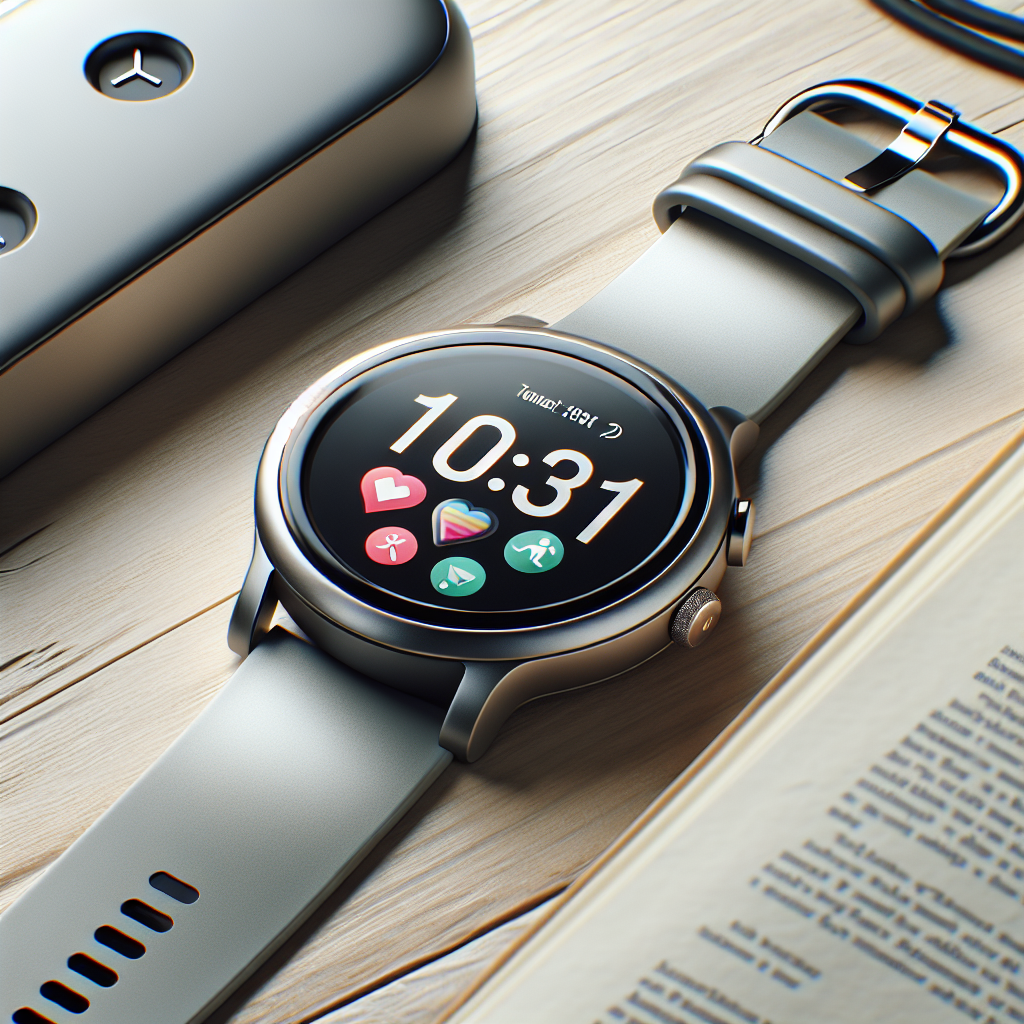
– Smart features:
– Notifications for calls, texts, apps; quick replies on Android.
– Alexa built-in voice assistant.
– Google Wallet for tap-to-pay and Google Maps turn-by-turn on-wrist (phone connection required for navigation).
– Music controls on-wrist; no local music storage.
– App and ecosystem:
– Fitbit app offers clear dashboards, trend reports, challenges, and guided workouts/mindfulness (more content with Premium).
– Works with Android and iOS; requires a Google account for setup/sign-in on newer devices.
Pros
– Excellent sleep tracking and long-term health trends compared to most fitness watches.
– Multi-day battery life beats many full smartwatch competitors.
– Comfortable, lightweight design suitable for 24/7 wear, including sleep.
– Reliable 24/7 heart rate and strong exercise auto-detection for casual to intermediate athletes.
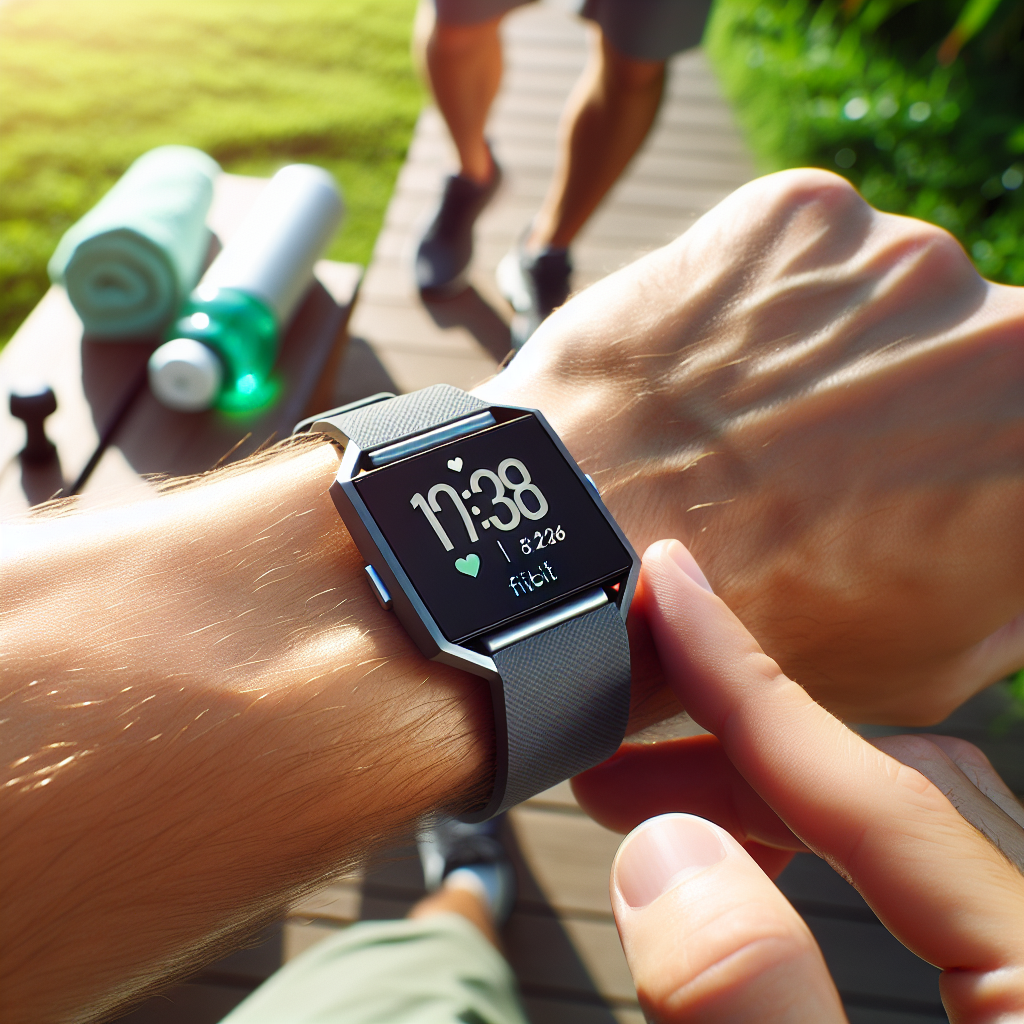
– Stress tools (especially on Sense 2) add meaningful context to wellness.
– Google Wallet and on-wrist Maps improve day-to-day convenience.
– Broad device compatibility and simple, approachable app experience.
Cons
– Limited smartwatch ecosystem: no third‑party app store; fewer “smart” tricks than Apple or Samsung watches.
– No onboard music storage and limited music integrations; Spotify controls only, no offline playlists.
– Some advanced insights (Daily Readiness, Sleep Profile, many workouts) require a Fitbit Premium subscription.
– GPS accuracy can be inconsistent in dense cities or under tree cover compared with higher-end multisport watches.
– iPhone users can’t send message replies; Android gets more robust notification actions.
– Health features vary by model and region (ECG only on Sense line; stress cEDA only on Sense 2).
– Transition to Google account and ongoing app changes may frustrate long-time Fitbit users.
Verdict
Fitbit’s current smartwatches are best for people who prioritize health tracking, sleep insights, and battery life over a rich app ecosystem. Sense 2 is the pick if you want ECG and advanced stress monitoring; Versa 4 covers the core fitness and sleep features at a lower price. If you need robust apps, tight phone integration, or superior GPS for serious training, consider an Apple Watch, Galaxy Watch, or a dedicated multisport watch. Otherwise, Fitbit delivers a comfortable, reliable, and low-maintenance daily health companion.


